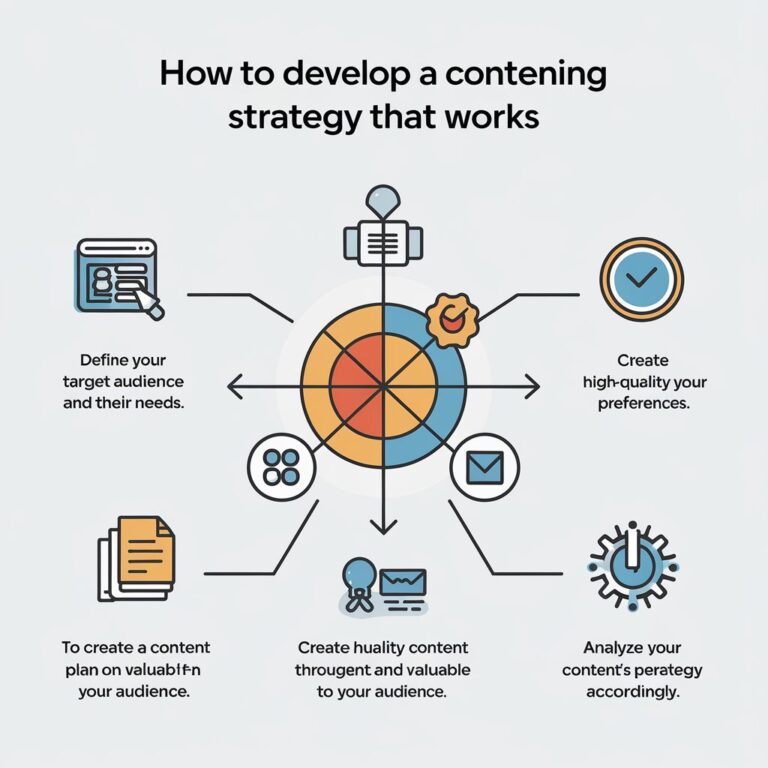Introduction
In today’s digital age, a well-designed and functional website is essential for businesses of all sizes. However, creating a successful website involves much more than just building a visually appealing platform. An effective website development project management guide is crucial to ensure that your project stays on track, within budget, and delivers the desired results.
This comprehensive guide will walk you through the key stages of website project management, providing valuable insights and practical tips along the way.
1. Define Your Project Development Goals and Objectives
Before diving into the project, it’s essential to have a clear understanding of your goals and objectives. What do you want your website to achieve? Are you looking to increase brand awareness, generate leads, or drive sales?
2. Conduct Thorough Research
Research your target audience, competitors, and industry trends to identify best practices and potential challenges. This information will help you tailor your website to meet the needs of your audience and stay ahead of the competition.
3. Create a Detailed Project Development Plan
Develop a comprehensive project plan outlining the scope of work, timeline, budget, and responsibilities for each team member. This will serve as a roadmap for your project and help you stay organized.
4. Design and Development
Work with a skilled web designer and developer to create a visually appealing and user-friendly website that aligns with your brand identity and goals.
5. Content Creation
Develop high-quality content that is informative, engaging, and optimized for search engines. This includes creating compelling copy, images, and videos.
6. Testing and Quality Assurance
Thoroughly test your website on different devices and browsers to ensure a seamless user experience. Address any bugs or issues before launching.
7. Launch and Monitor
Once your website is ready, launch it and monitor its performance. Track key metrics such as website traffic, user engagement, and conversions to measure success.
8. Ongoing Maintenance and Optimization
Continuously update and optimize your website to ensure it remains relevant and effective. This includes addressing technical issues, improving SEO, and staying up-to-date with industry trends.
FAQs
1. How long does it typically take to complete a website development project?
The timeline for a website project can vary significantly depending on several factors, including:
- Project complexity: A simple website with basic features might be completed in a few weeks, while a complex e-commerce platform could take several months.
- Scope of work: The number of pages, features, and functionalities will impact the project timeline.
- Resource availability: Having dedicated resources like designers, developers, and content writers can accelerate the process.
- Project management approach: Agile methodologies can often speed up development compared to traditional waterfall methods.
General estimates:
- Small, basic website: 4-6 weeks
- A medium-sized website with custom features: 6-12 weeks
- Large, complex website with extensive functionality: 3-6 months or longer
2. What is the role of a project manager in website development?
A project manager acts as the central coordinator, overseeing all aspects of the website development process. Their responsibilities include:
- Planning and scheduling: Creating a detailed project plan, setting deadlines, and assigning tasks.
- Resource management: Allocating resources (time, budget, personnel) effectively.
- Communication: Coordinating with stakeholders, developers, designers, and content creators.
- Risk management: Identifying and mitigating potential risks and challenges.
- Quality assurance: Ensuring the website meets the client’s requirements and quality standards.
3. How can I ensure my website is mobile-friendly?
In today’s mobile-first world, it’s essential that your website is optimized for viewing on smartphones and tablets. Here are some key strategies:
- Responsive design: Create a website that automatically adjusts its layout to different screen sizes.
- Optimize images: Compress images to reduce load times and improve mobile performance.
- Minimize redirects: Avoid unnecessary redirects that can slow down page loading.
- Test on various devices: Use a variety of devices to ensure your website displays correctly on different platforms.
4. What is the importance of SEO for website development?
Search Engine Optimization (SEO) is crucial for improving your website’s visibility in search engine results pages (SERPs). By optimizing your website for relevant keywords, you can attract organic traffic and increase your chances of reaching your target audience.
5. How often should I update my website’s content?
Regularly updating your website content helps keep it fresh, relevant, and engaging. Aim to publish new content at least once a month, but the ideal frequency depends on your industry and target audience.
Conclusion
Effective website project management is essential for creating a successful online presence. By following the steps outlined in this guide, you can ensure that your website meets your goals and delivers value to your audience.
For expert guidance and support with your website project, contact Optimum360 Agency today.


